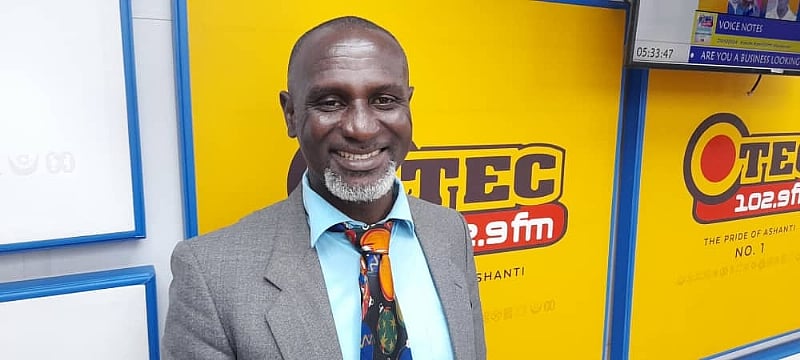Kofi Agyei, CEO of Save Ghana Foundation, has issued a public call to action, urging President John Mahama to prioritize and fulfill the promises he made to the Ghanaian people during his campaign for a second term. Agyei emphasized the importance of Mahama demonstrating tangible progress on his proposed policies, not only to improve the lives of Ghanaians but also to solidify his legacy. Speaking on Otec FM’s “Dwabrem” afternoon political talk show, Agyei stressed that Mahama’s previous experience as both Vice President and President should equip him with the necessary understanding of Ghana’s challenges and the expertise to address them effectively. He argued that this prior experience eliminates any justification for failure, placing a significant responsibility on Mahama to deliver tangible results.
Agyei’s appeal centers on the premise that Mahama’s return to the presidency isn’t a learning curve but an opportunity to implement pre-existing knowledge and strategies. He contends that Mahama’s familiarity with the intricacies of governance and the specific issues facing Ghana should translate into a more efficient and impactful administration. This, according to Agyei, makes it even more crucial for Mahama to demonstrate a commitment to his campaign pledges and translate his rhetoric into concrete action. He implied that Ghanaians expect more than just promises; they demand tangible improvements in their lives, underpinned by the fulfillment of Mahama’s commitments.
The CEO of Save Ghana Foundation further elaborated on the significance of Mahama’s second term, suggesting that it presents a unique opportunity for the President to redefine his political legacy. By successfully implementing his proposed policies and delivering on his promises, Mahama can solidify his position as a leader who not only understands the needs of the Ghanaian people but also has the capacity to deliver meaningful change. Agyei’s message underscores the idea that this second term carries a heavier weight of expectation, demanding a demonstrable commitment to progress and a clear departure from any perceived shortcomings of Mahama’s previous administration.
Agyei’s call to action resonates with a broader sentiment among the Ghanaian populace – a desire for accountability and effective governance. His emphasis on Mahama’s experience highlights a growing expectation that seasoned politicians should possess the necessary skills and understanding to navigate the complexities of leadership and deliver tangible results. The public discourse, as reflected in Agyei’s statements, suggests a growing impatience with unfulfilled promises and a demand for leaders who prioritize action over rhetoric. This demand for accountability further underscores the importance of Mahama’s second term as a proving ground for his ability to effectively address the nation’s challenges.
The focus on Mahama’s prior experience serves as a critical backdrop to Agyei’s call for action. It reinforces the idea that the President’s familiarity with the political landscape and the specific issues facing Ghana should equip him to hit the ground running and deliver rapid improvements. This expectation further underscores the pressure on Mahama to demonstrate not only an understanding of the problems but also a clear and actionable plan to address them effectively. Agyei’s remarks encapsulate a growing public sentiment that Mahama’s second term is not simply an opportunity for a fresh start, but a critical juncture to demonstrate his commitment to meaningful change based on his accumulated experience.
In essence, Agyei’s message to President Mahama is a call for decisive action and tangible results. He argues that Mahama’s past experience, combined with the promises made during his campaign, creates a heightened sense of responsibility and expectation. The Ghanaian people, according to Agyei, are not merely looking for words but for demonstrable progress that translates into improved living conditions and a brighter future. This call for action echoes a broader national sentiment that demands accountability from its leaders and emphasizes the importance of translating political rhetoric into concrete, positive change for the benefit of all Ghanaians.














